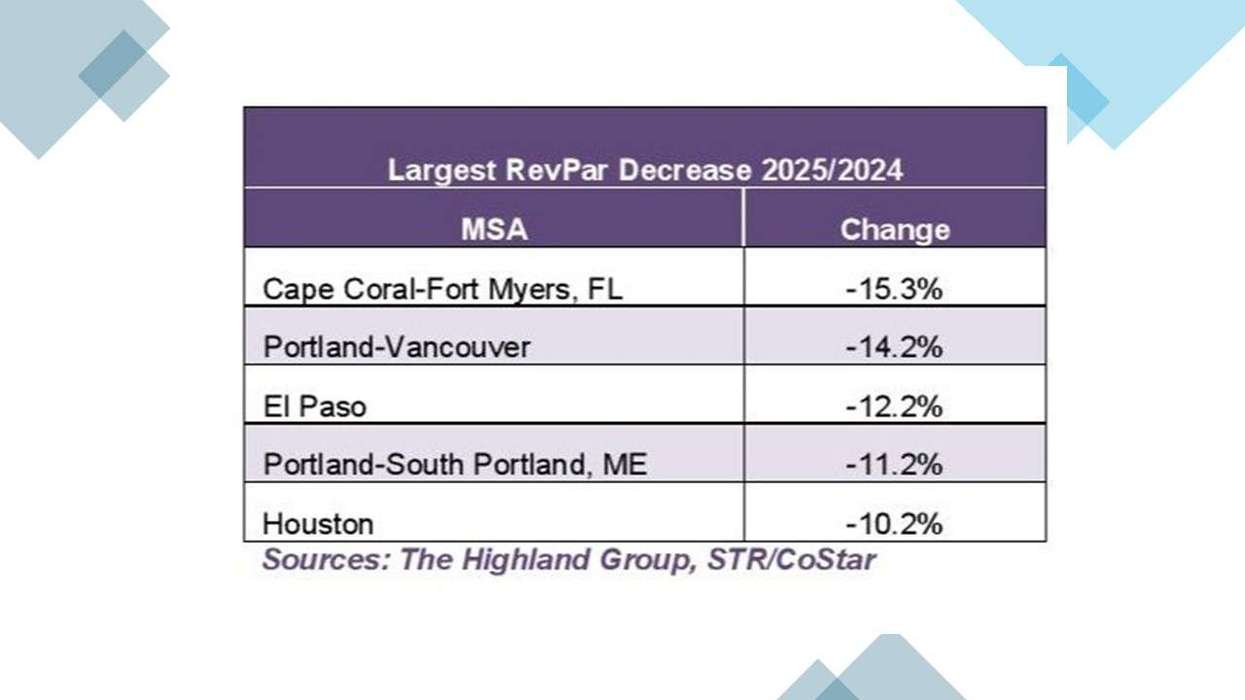CONGRESS HAS GIVEN new flexibility to the federal Pay Check Protection Program again. A bill expanding and clarifying the key element of the federal stimulus package has passed the House and Senate.
The bipartisan “Paycheck Protection Flexibility Act” contains several adjustments to the PPP program, many of which have been requested by organizations such as AAHOA, the American Hotel & Lodging Association and the U.S. Travel Association. The adjustments include:
- Extending the forgiveness period to 24 weeks.
- Replacing the 75/25 rule with a 60/40 rule.
- A 5-year maturity for all new PPP loans and a 2-year maturity for existing loans.
- Allowing businesses that receive forgiveness to also receive payroll tax deferment.
- Ensuring small businesses won’t be penalized by high unemployment benefits.
- Creating a safe harbor for businesses that are required to open at only 50 percent capacity.
AAHOA, AHLA and USTA had asked for similar provisions to be included in the latest round of federal stimulus meant to aid businesses affected by the COVID-19 pandemic, the ‘‘Health and Economic Recovery Omnibus Emergency Solutions Act.’’ That bill remains under consideration in the Senate.
The PPP Flexibility Act solves a numbers of problems, said Cecil Staton, AAHOA’s president and CEO.
“We are pleased that several of the recommendations for which we advocated are included in this bill, including the extension of the covered period for using PPP loans through the end of 2020 and allowing borrowers to use more loan proceeds to cover a greater percentage of operating costs,” Staton said. “Making these changes effective retroactively, as if they were included in the original CARES Act, will help small businesses significantly as they work to remain open, keep workers on payroll, and emerge from this crisis as our society reopens. We urge President Trump to sign this bill into law.”
The bill will save hotel industry jobs, said Chip Rogers, AHLA’s president and CEO, in a statement.
“This legislation is critical for the hotel industry in our recovery efforts as it is one of the hardest hit industries, with hospitality and leisure losing 7.7 million jobs, more jobs than several other sectors combined,” Rogers said.
Tori Emerson Barnes, USTA’s executive vice president of public affairs and policy, said the PPP enhancements will help many small business survive until the economy recovers.
“The modification to the portion of funds that can be used for non-payroll expenses is especially crucial to travel-related small businesses, which have comparatively high capital overhead but virtually zero incoming revenue because of the necessary measures in place to stem the spread of the pandemic,” Emerson Barnes said. “While this measure does a good job making the PPP work better for businesses that are eligible, other PPP enhancements will be needed to make sure all the key pieces are in place when the recovery begins—in particular, extending eligibility to non-profit and quasi-governmental entities that are vital drivers of local and regional economic development. Like the businesses they serve, the finances of these non-profits have been devastated by the standstill in travel and tourism, and the moment of recovery will be moot unless they can keep their lights on to take advantage of the return in travel demand.





